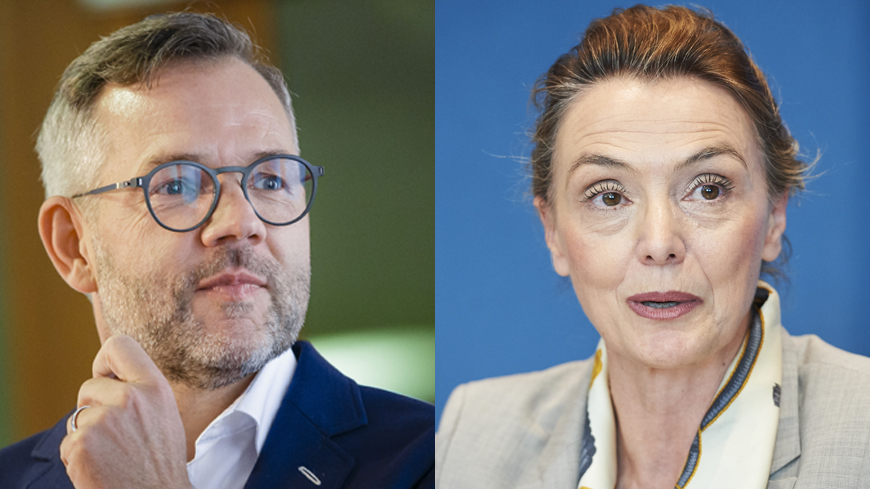On this Human Rights Day, we are commemorating the promulgation of the Universal Declaration of Human Rights 72 years ago. On 10 December 1948, the UN General Assembly adopted a catalogue of fundamental rights which apply equally to all individuals – regardless of their skin colour, gender, religion, national or social origin. This was a real milestone for the protection of human rights.
The founding states of the Council of Europe followed this example when they signed the European Convention on Human Rights in 1950. After two world wars and the horrific crimes of the Holocaust, the Convention signalled the birth of a better Europe in which human rights would come first. We have accomplished much since then. Yet these great achievements must be defended time and again: not only on Human Rights Day but at all times and in all places.
As the guardian of human rights, democracy and the rule of law, the Council of Europe has established itself as Europe’s moral compass and conscience. With its binding international conventions, it sets standards unparalleled in the world. For 835 million citizens, the European Court of Human Rights is the final court of appeal when they feel that their rights have been violated.
On 18 November, Germany assumed the Presidency of the Committee of Ministers of the Council of Europe for six months. During the last few months, protecting the rule of law and human rights has also been among the priorities of Germany’s Presidency of the Council of the EU. For example, a new rule of law review mechanism was established under the German Presidency, a frank dialogue on the state of the rule of law in all member states based on the European Commission’s Rule of Law Report. The Venice Commission of the Council of Europe has contributed key expertise to this.
Any successful human rights policy has to keep pace with new developments. Technological advances can have a positive impact on our future path. But they bring with them risks such as discrimination and inequality resulting from artificial intelligence. Human rights are universal. They also apply in the digital world. For the internet is not a space outside the law. We cannot allow hate and incitement to hatred to destroy the open culture of debate in our democratic, pluralistic society.


